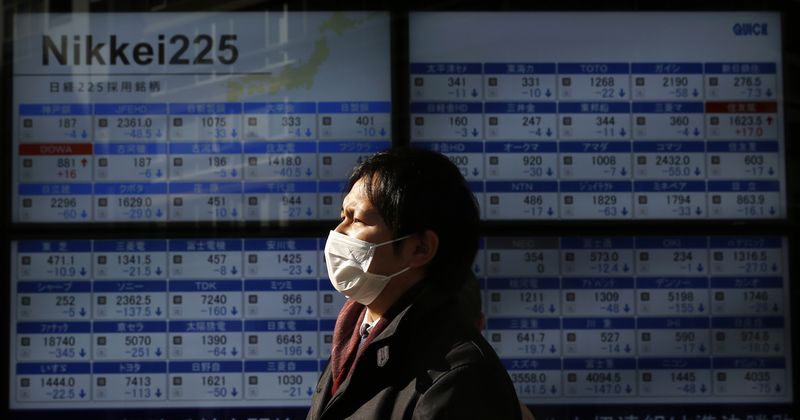(Bloomberg) -- Welcome to Wednesday, Asia. Here’s the latest news and analysis from Bloomberg Economics to help get your day started:
- Jerome Powell is likely to leave Fed interest-rate cuts firmly on the table when he appears before Congress, even though the latest jobs report dialed down the urgency. Lurking beyond traders’ apparently unwavering confidence that the Fed will cut this month is a more nebulous outlook on what the central bank does afterward
- Few in Beijing see a clear pathway to a lasting U.S.-China trade deal, with Donald Trump’s election strategy cited as a factor. Meantime, U.S. envoy Robert Lighthizer and Treasury Secretary Steven Mnuchin spoke on the phone with their Chinese counterparts, for the first high-level contact after the truce
- The majority of Switzerland’s high-denomination bills are effectively parked in vaults or stuffed under mattresses, according to a Swiss National Bank working paper
- The world’s main industrial economies are in mounting need of lower rates as growth slows and slack opens up, Nomura said in a report based on over 200 series of data
- Officials and investors in Beijing are inured to the probability of an extended economic conflict with the U.S., with concerns that trouble may spill from trade and technology into banking, writes Tom Orlik, as he analyzes the state of the economy
- President Donald Trump’s recent act as the good cop of Turkey’s markets with his hint on sanctions is drowning out the stunning dismissal of the central bank governor.
- Investors betting the ECB will wait until September before ramping up monetary stimulus may be underestimating risks of earlier action
- A strong run of economic data is affording the Bank of Canada an opportunity to resist any dovish turn in global monetary policy
- Africa’s free-trade pact will help shift the continent away from its over-reliance on volatile commodity exports and boost manufacturing, according to the African Development Bank
- Trump has criticized India’s decision to impose higher tariffs on a slew of American goods
- Germany’s blue-collar communities are at risk of falling further behind affluent cities like Munich, widening a gap between haves and have-nots that has already spurred the rise of populist politicians
